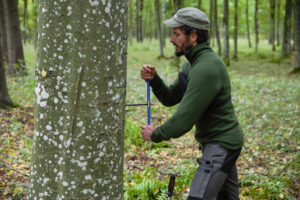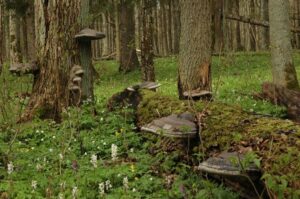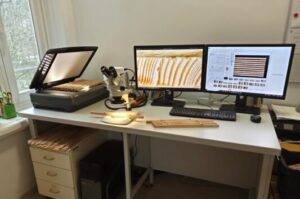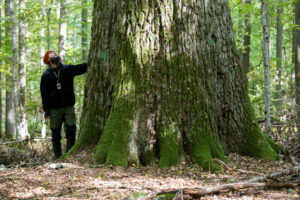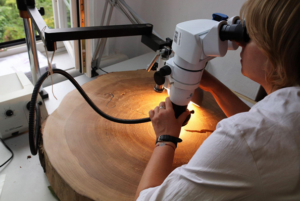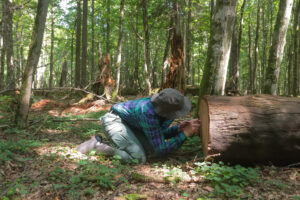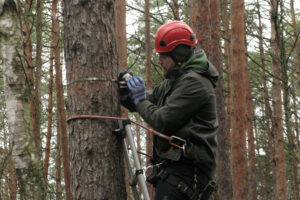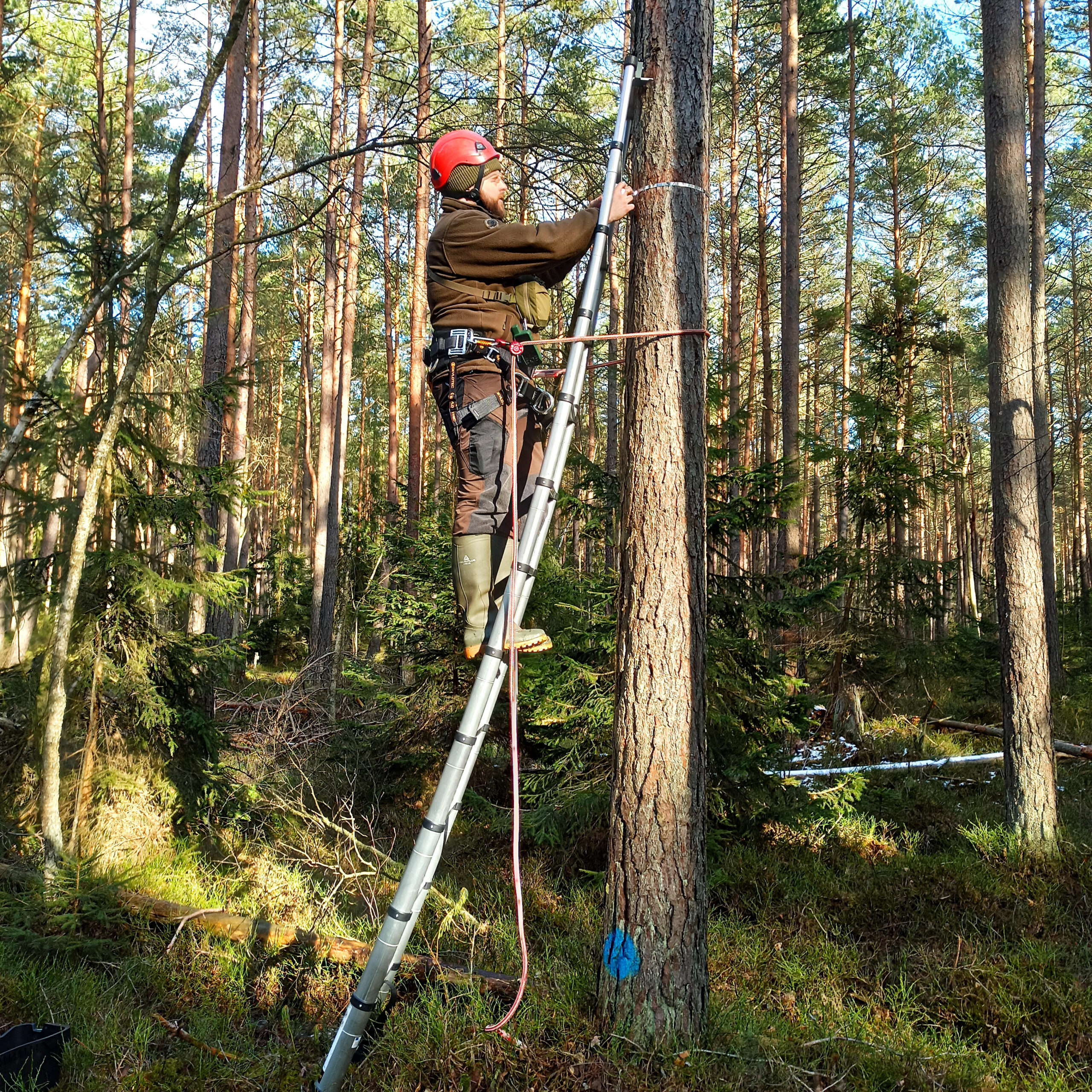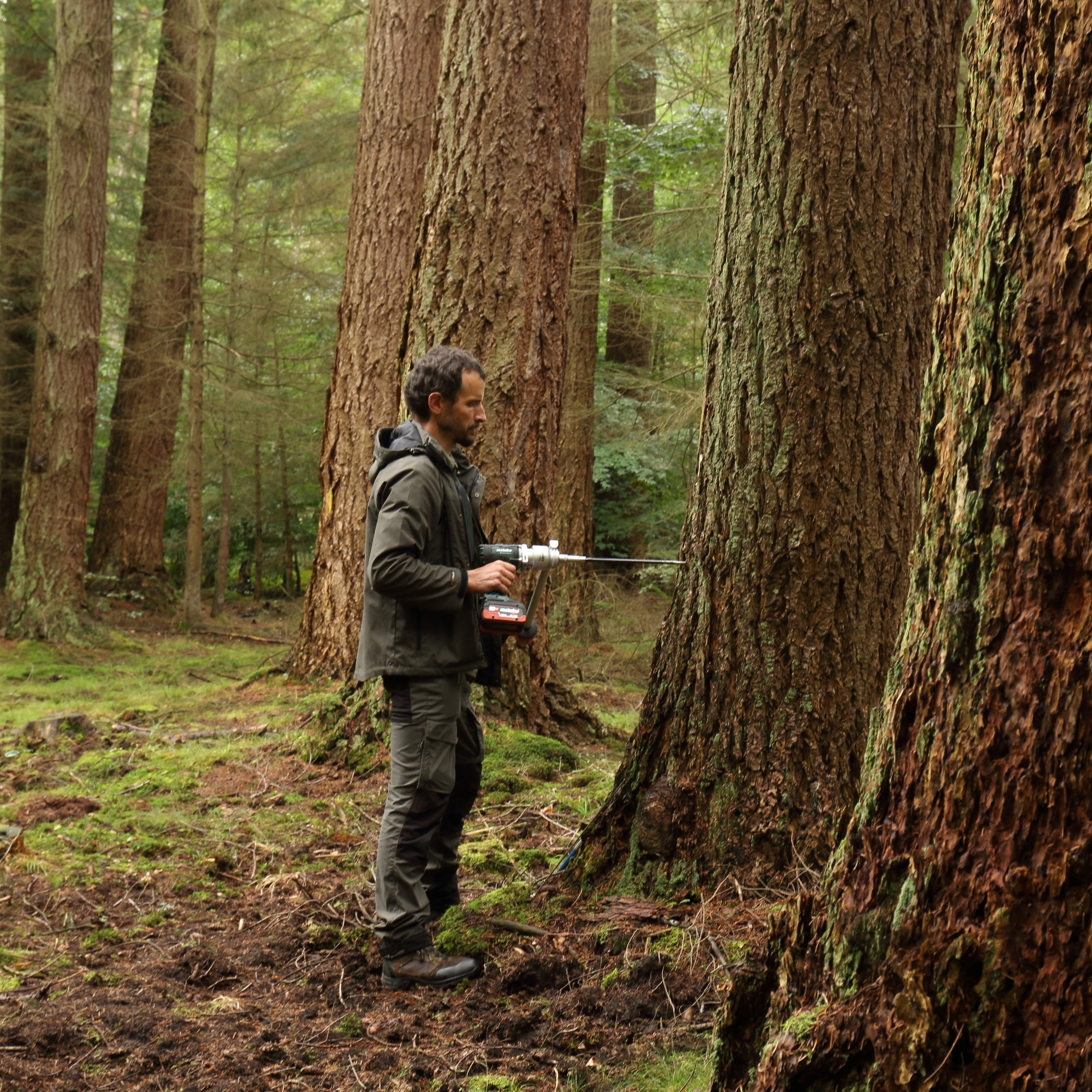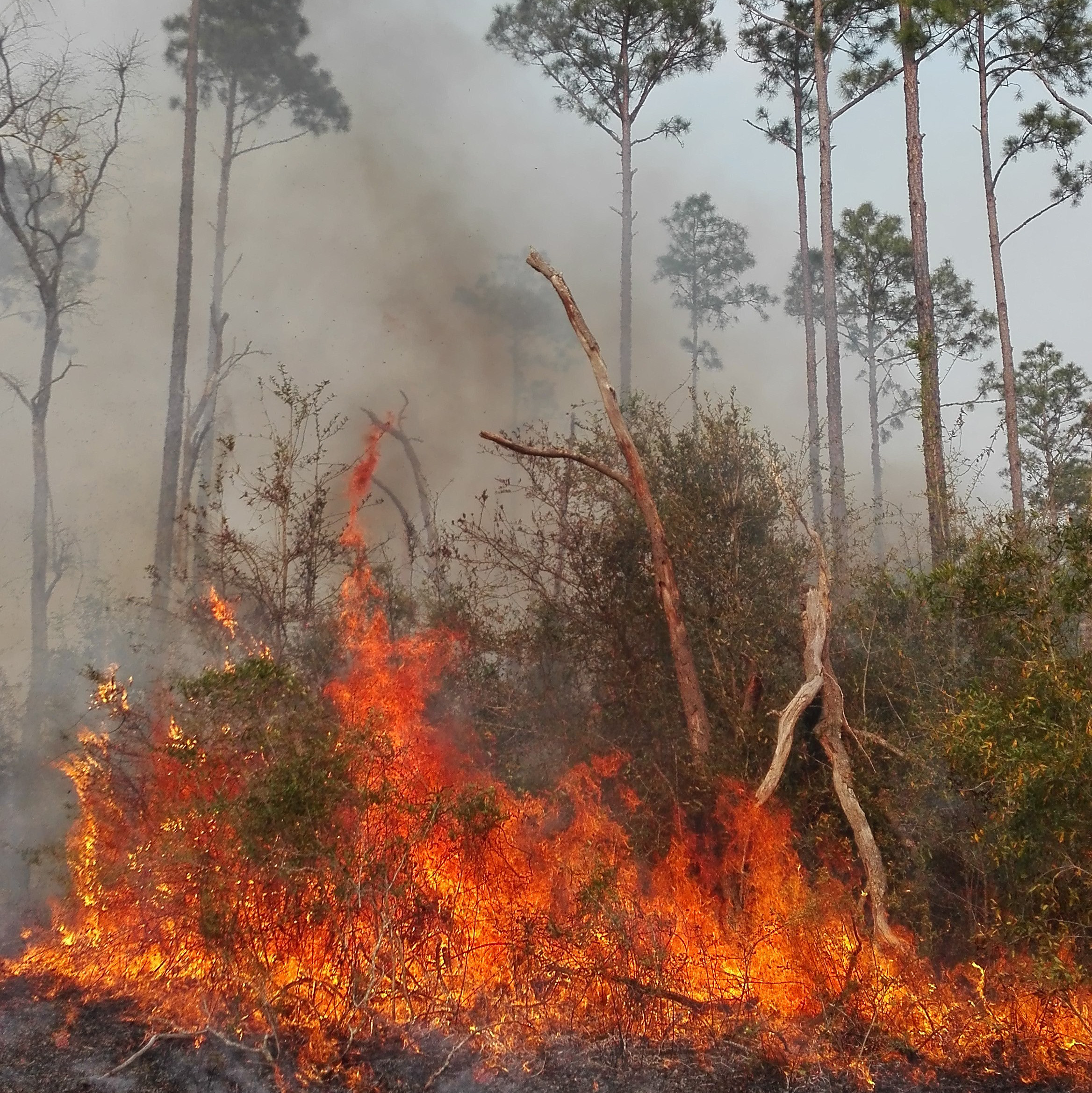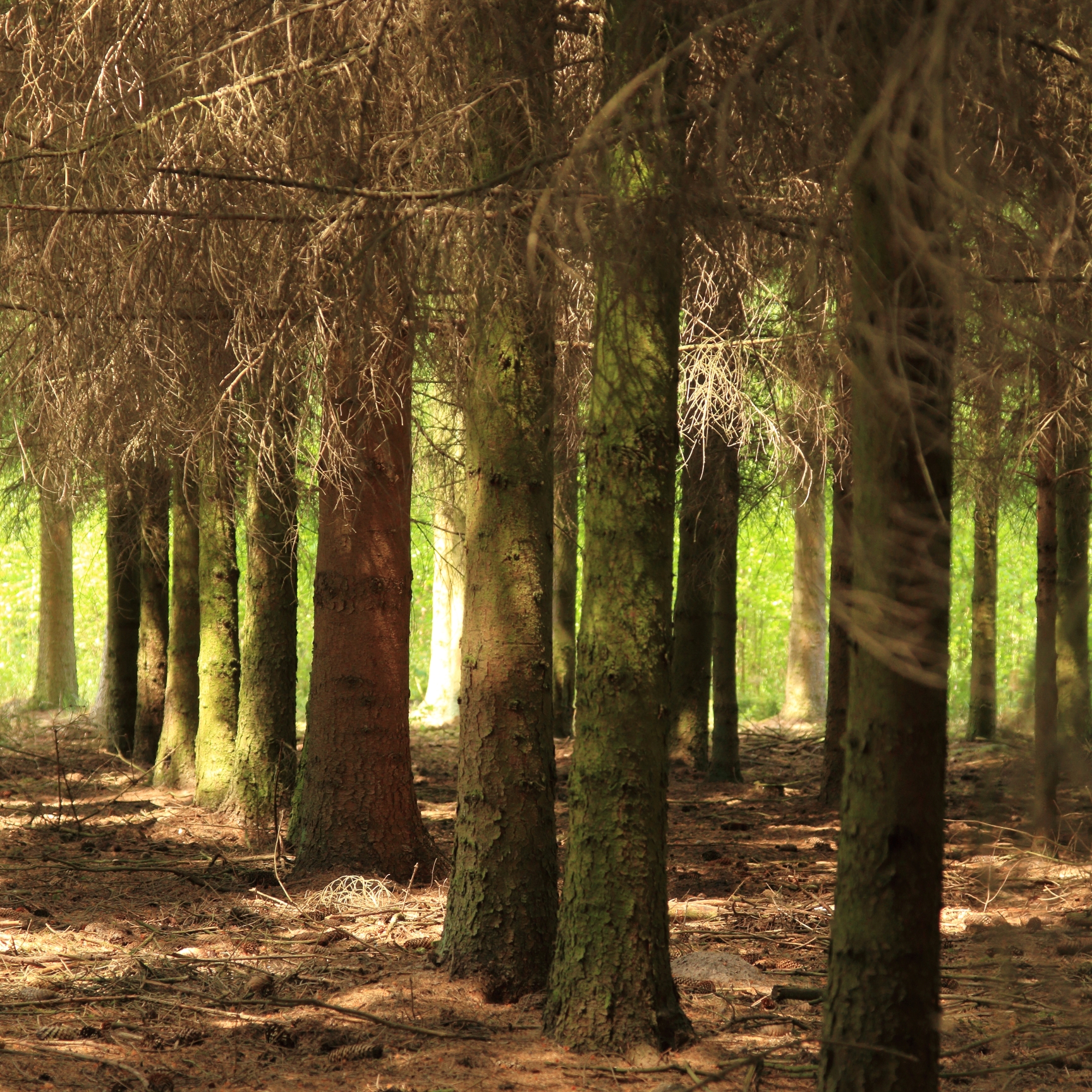
Dendrolab of Forest Research Institute

Dendrolab of Forest Research Institute
Trees are one of the natural archives of environmental history. They provide long-term data series on the process of radial growth and the factors determining it with annual or even seasonal resolution. Dendrolab of Forest Reseach Institute [Dendrolab IBL] conducts dendroecological and dendroclimatological studies of past and present tree growth using dendrochronology, wood anatomy, and dendrometer data. Studies of growth response to environmental conditions, including various disturbances, provide insight into how trees adapt to different changes, such as climate change or fire regime change. In our research, we take an interdisciplinary approach and collaborate with experts in paleoecology, archeology, climatology, environmental history, remote sensing, wood technology, plant ecology, and hydrology. In our studies, we focus on European temperate forests.
Dear colleagues,
we offer a four-year PhD position at Institute of Dendrology PAS in a NCN-funded project on provenance-specific growth responses of European beech to climate change. This opportunity is perfect for candidates with a deep interest in dendroclimatology, wood anatomy, and tree physiology.
The PhD candidate will work under supervision of prof Daniel Chmura in collaboration with prof Marcin Klisz from the Forest Research Institute (IBL).
Application deadline is 30.04.2025. More information can be found in the job advertisement on Institute of Dendrology PAS webpage.
https://www.idpan.poznan.pl/pl/rekrutacja-bip/konkursy-na-doktoranta-psd-pan/ogloszenie-o-rekrutacji-do-poznanskiej-szkoly-doktorskiej-nr-7-2025-id-psd-announcement-about-recruitment-to-the-poznan-doctoral-school-no-7
Interested individuals can contact djchmura@man.poznan.pl
Our current research includes:
Dendrolab of Forest Research Institute combines laboratories in Sękocin (Department of Silviculture and Forest Tree Genetics) and Białowieża (Department of Natural Forests). Our laboratories offer species identification, cross-dating, digitization and analysis of macro- and microscopic wood samples, etc. Dendrolab of Forest Research Institute is equipped with: stereoscopes with cameras (ZEISS, Leica, Opta-Tech), LINTAB 6, EPSON (A3), ZEISS AxioScanZ1 slide scanner with fluorescence, slide microtomes: WSL microtome, WSL core microtome, Leica HistoCore BIOCUT rotary microtome, Leica TP1020, Leica HistoCore Arcadia. We use a wide range of dedicated software: WinDENDRO, WinCELL, TSAPWin, CooRecorder, CDendro, ROXAS.
We cooperate with leading tree ring laboratories in Europe. We are open to research collaborations on environmental history and tree growth. Dendrolab of Forest Research Institute can host interns, scholar fellows, and undergraduate and graduate students (BSc, MSc, PhD).
Projects implemented in cooperation with Dendrolab
Current papers
Magnier M., Jevsenak J., Puchałka R., Klisz M. The effect of soil conditions on climate-growth correlations at two Pinus nigra sites. Dendrobiology 2025, vol. 93: 60-68.
https://doi.org/10.12657/denbio.093.004
Bai, C., Zhao, W., Klisz, M., Rossi, S., Shen, W., & Guo, X. (2025). Growth Rate and Not Growing Season Explains the Increased Productivity of Masson Pine in Mixed Stands. Plants, 14(3), 313.
https://doi.org/10.3390/plants14030313
Wrzesiński, P., Klisz, M. & Niemczyk, M. Looking for a drought-tolerant tree species among native and introduced mountain conifers. Trees (2024).
https://doi.org/10.1007/s00468-024-02491-z
Yulia Prokopuk, Oleksandr Sylenko, Marcin Klisz, Annabel Porté, Maksym Netsvetov. Terrain's steepness governs sensitivity of urban oak forests to climate variability. Urban Forestry & Urban Greening, 2024, 128586.
https://doi.org/10.1016/j.ufug.2024.128586
Dendrolab Team
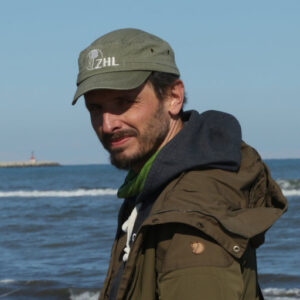
Marcin Klisz, Assoc. Prof
Department of Silviculture and Forest Tree Genetics
3 Braci Leśnej St.
Sękocin Stary
05-090 Raszyn, Poland
E-mail: M.Klisz@ibles.waw.pl
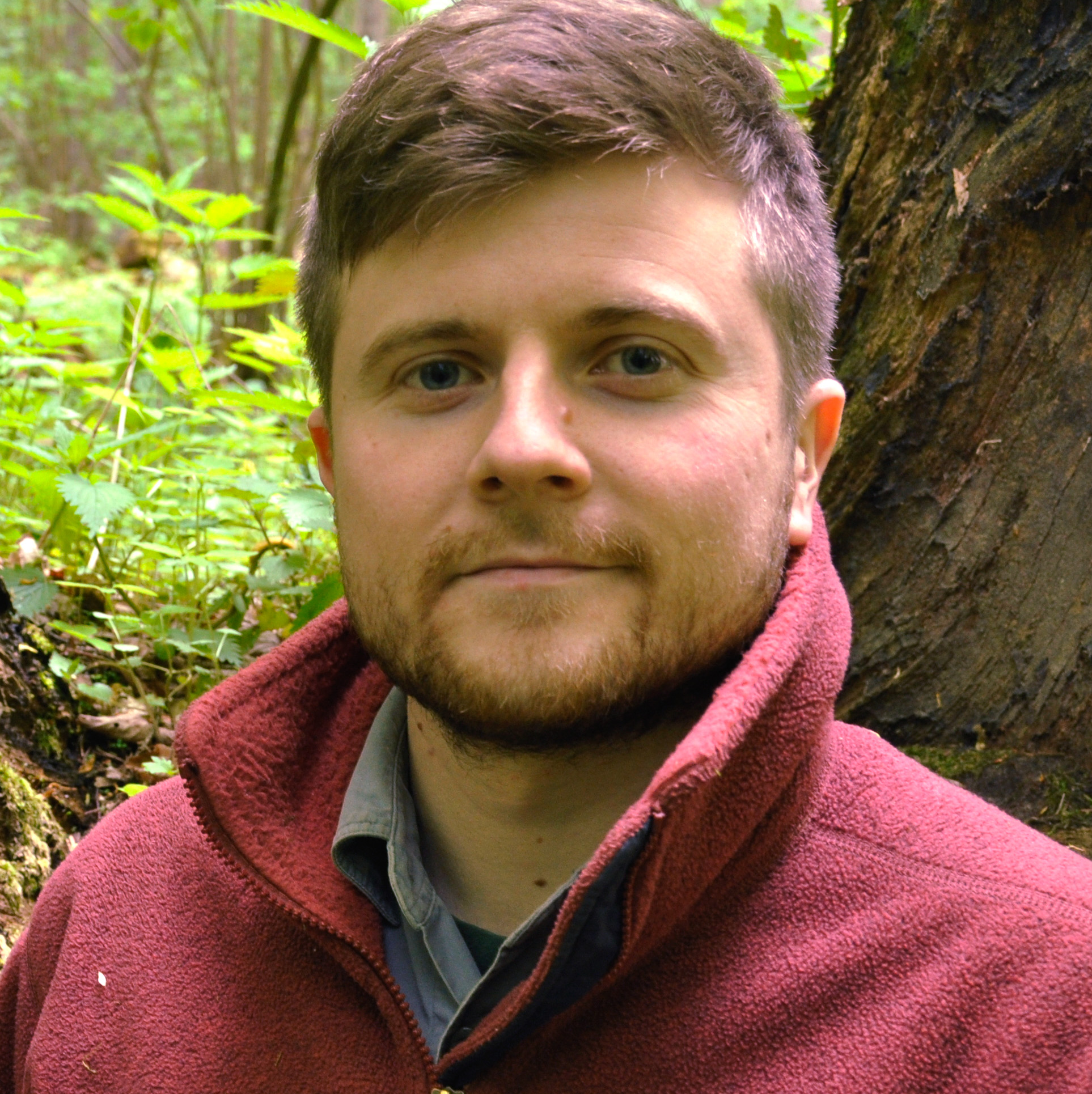
Kamil Pilch, MSc
Department of Natural Forests
6 Park Dyrekcyjny St.
17-230 Białowieża, Poland
E-mail: K.Pilch@ibles.waw.pl

Piotr Wrzesiński, PhD
Department of Silviculture and Forest Tree Genetics
3 Braci Leśnej St.
Sękocin Stary
05-090 Raszyn, Poland
E-mail: P.Wrzesinki@ibles.waw.pl
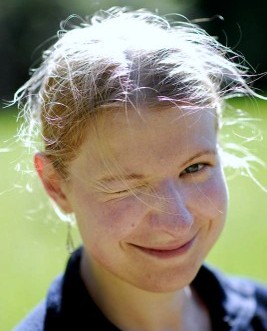
Ewa Zin, PhD
Department of Natural Forests
6 Park Dyrekcyjny St.
17-230 Białowieża, Poland
E-mail: E.Zin@ibles.waw.pl
